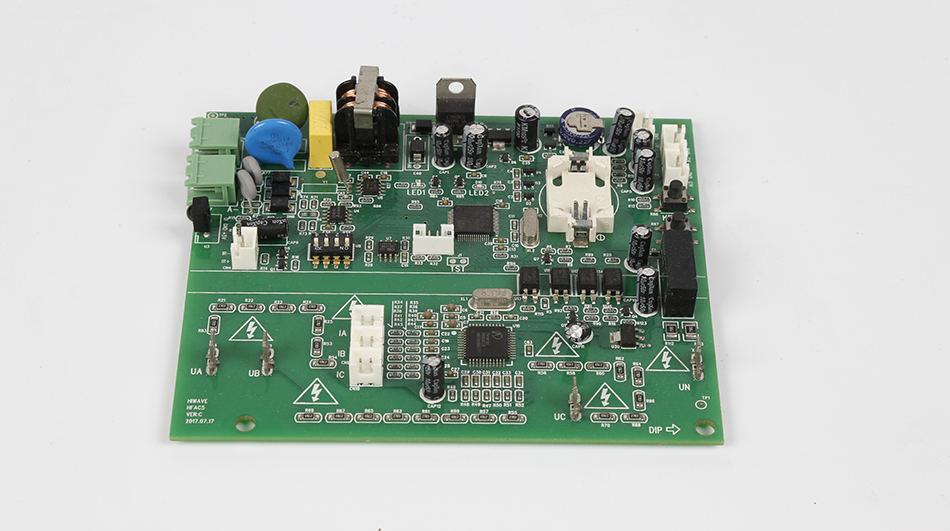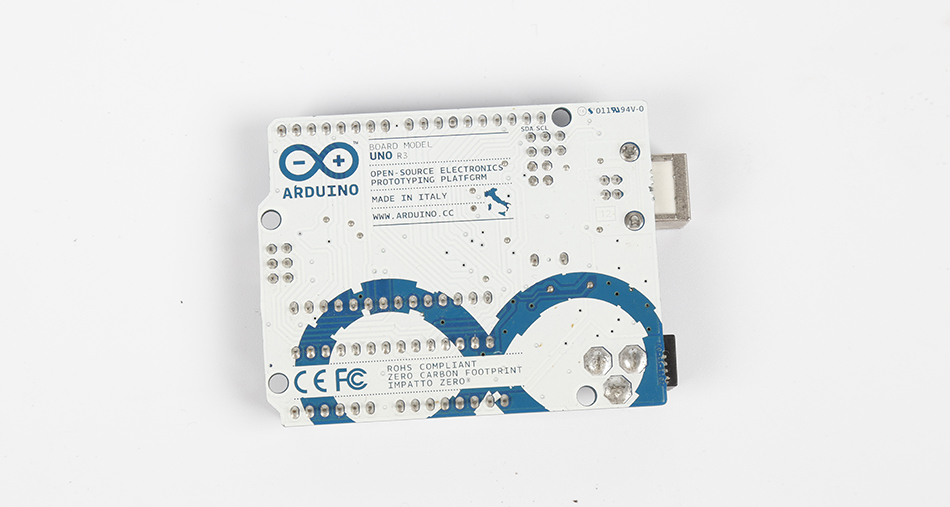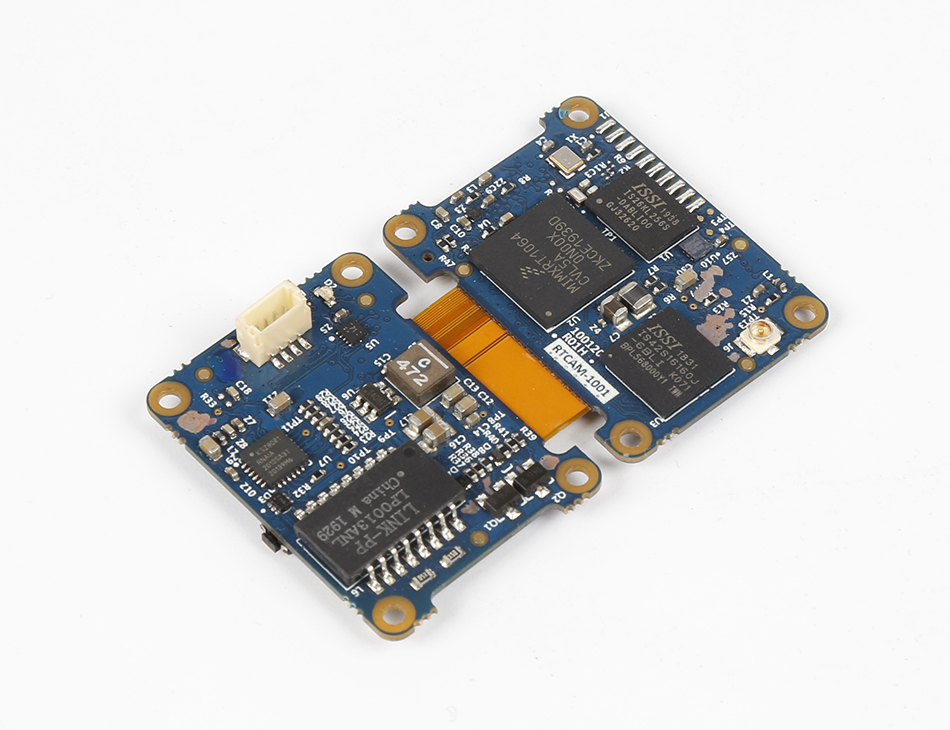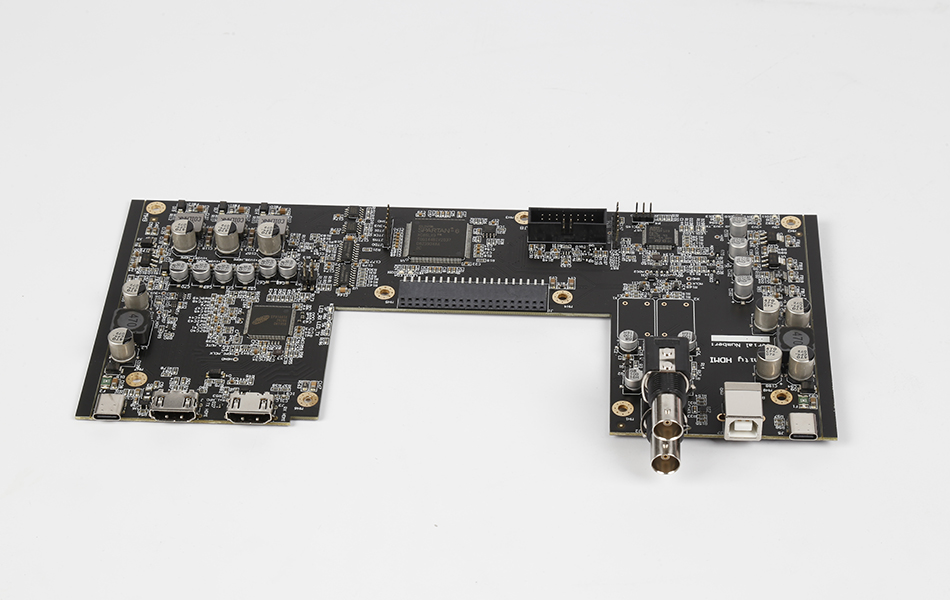-
- PCB TYPE
- PRINTED CIRCUIT BOARD PROTOTYPE ALUMINUM PRINTED CIRCUIT BOARD R&F PCB FPC HIGH FREQUENCY PCB HIGH-TG PCB HEAVY COPPER PCB HDI PCB PCB FOR LIGHTING METAL CORE PCB
time:Nov 04. 2025, 10:53:22
Cost-Effective Turnkey PCB Assembly redefines value in electronics manufacturing by delivering end-to-end assembly services that prioritize budget efficiency without compromising quality or performance. Unlike generic turnkey solutions that may overcharge for unnecessary features, this specialized approach focuses on targeted cost optimization—aligning production processes, supply chain strategies, and service scopes with a client’s specific budget and technical needs. For businesses ranging from startups to mid-sized enterprises, cost-effective turnkey assembly eliminates the hidden expenses of fragmented production (e.g., component markup, rework costs, logistics delays) while ensuring reliable, compliant PCBs. This article explores the core strategies behind cost-effective turnkey services, their industry-specific applications, quality safeguards, and how they drive competitive advantage in price-sensitive markets.

Cost-effective turnkey providers leverage four key strategies to deliver value without cutting corners:
- Smart Supply Chain Integration: By consolidating component sourcing through global partnerships, providers secure bulk purchasing discounts and avoid counterfeit parts (which cause costly reworks). Dynamic inventory management—using demand forecasting to align stock levels with production—reduces carrying costs and minimizes obsolete components.
- Lean Production Workflows: Implementing lean manufacturing principles (e.g., 5S, Kanban) eliminates waste in assembly lines. Automated processes (e.g., robotic pick-and-place, inline SPI/AOI) reduce labor costs and error rates, while flexible production lines adapt to batch sizes without sacrificing efficiency—critical for low-to-medium volume orders.
- Design for Cost (DFC) & Manufacturability (DFM) Alignment: Engineers collaborate early with clients to optimize designs for cost: simplifying layer counts where possible, standardizing component footprints to avoid specialty parts, and reducing unnecessary complexity (e.g., over-spec’d materials). This proactive step cuts production costs by up to 30% compared to designs optimized solely for performance.
- Tiered Service Models: Providers offer modular service packages—from basic assembly (SMT/THT) to full testing and logistics—letting clients pay only for what they need. For example, a startup may opt for essential functional testing instead of advanced X-ray inspection, while retaining the option to scale services as demand grows.

For cash-strapped startups, cost-effective turnkey assembly offers prototype-to-production continuity. Providers offer low-minimum order quantities (MOQs) for prototypes, then scale to mass production with bulk pricing discounts. Shared component inventory pools reduce upfront material costs, while DFC guidance helps avoid over-engineering early-stage products.
Price-sensitive consumer markets (e.g., entry-level wearables, home IoT devices) benefit from high-volume optimization. Providers use lead-free solder alternatives, standardized PCB substrates, and automated testing to keep costs low, while maintaining compliance with RoHS and CE standards. Just-in-time (JIT) delivery minimizes inventory holding costs for fast-turnover products.
IIoT sensors require durability at a reasonable cost. Cost-effective turnkey assembly balances ruggedization (e.g., conformal coating) with affordable materials—using industrial-grade but not over-specified components. Modular design approaches let clients reuse PCB layouts across sensor variants, reducing engineering and tooling costs.

Affordability never comes at the expense of quality in reputable cost-effective turnkey services:
Compliance Adherence: All assemblies meet IPC-A-610 (acceptability standards) and ISO 9001, with industry-specific certifications (e.g., ISO 13485 for medical) available as needed.Preventive Quality Control: Inline SPI and AOI catch defects early, avoiding costly reworks. Statistical process control (SPC) monitors key parameters (e.g., reflow temperature) to maintain consistency.Lifecycle Cost Focus: Providers prioritize components with long availability and low failure rates, reducing total cost of ownership (TCO) even if upfront costs are slightly higher.
The future of cost-effective turnkey assembly lies in digital and sustainable optimization:
Digital Cost Forecasting: AI-powered tools analyze design data to predict production costs in real time, letting clients make informed trade-offs between features and budget.Circular Economy Practices: Recycling solder scrap, reusing tooling, and repurposing excess components reduce material costs and environmental impact.Localized Supply Chains: Nearshoring production to regional hubs cuts logistics costs and lead times, particularly for North American and European clients.

Cost-Effective Turnkey PCB Assembly proves that affordability and quality can coexist—by focusing on smart supply chains, lean processes, and client-centric service models. It empowers businesses to compete in price-sensitive markets without sacrificing the reliability their customers expect. As manufacturing technologies evolve, cost-effective turnkey providers will continue to innovate, making high-quality PCB assembly accessible to more enterprises than ever before. For organizations seeking to maximize value, this approach is not just a cost-saving measure—it’s a strategic investment in efficient, scalable production.

Got project ready to assembly? Contact us: info@apollopcb.com



We're not around but we still want to hear from you! Leave us a note:

Leave Message to APOLLOPCB
